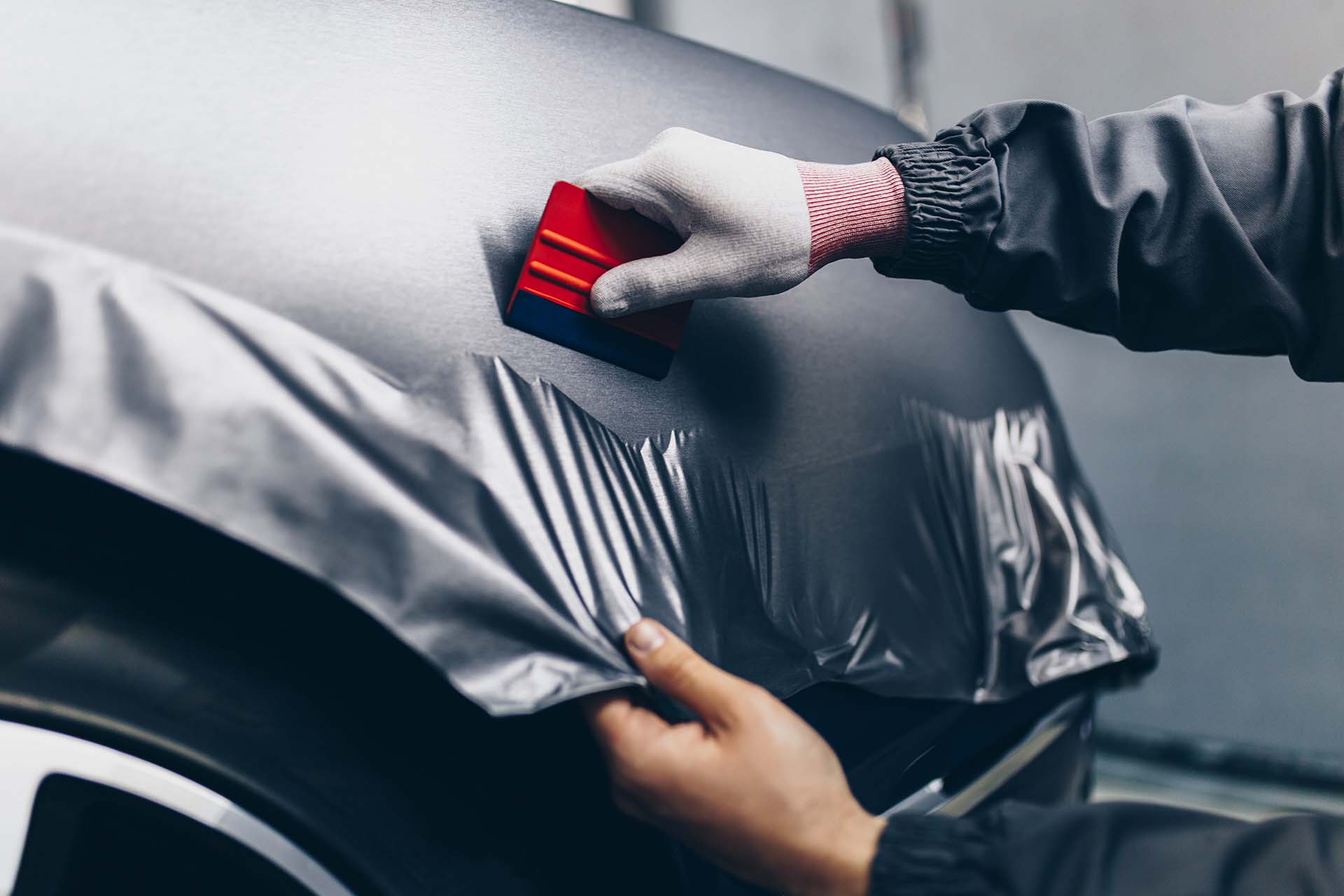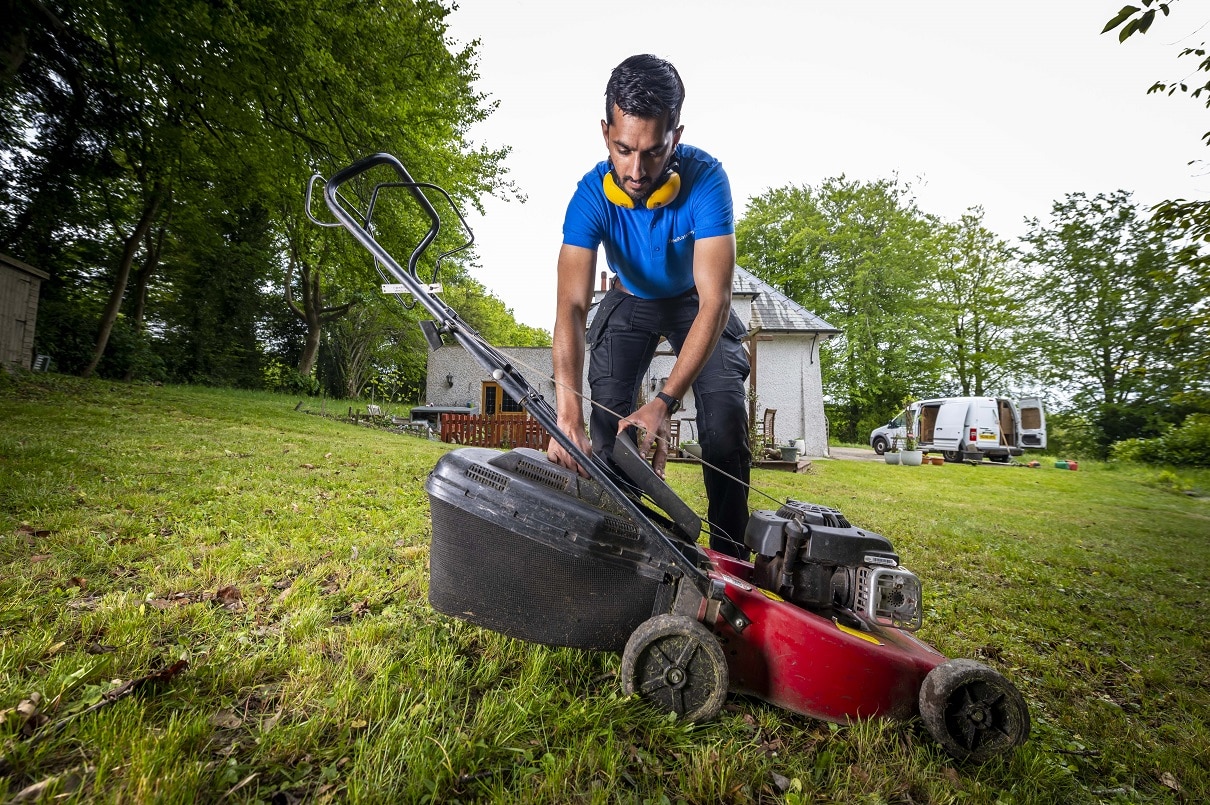Blog>Trade>Starting a Business>Why getting insulation certification is important for your trade business
Last updated: 10 February 2025
Why getting insulation certification is important for your trade business
With energy efficiency high on the agenda, demand for insulation is growing. This article looks at insulation certification courses that demonstrate you are a trusted professional.
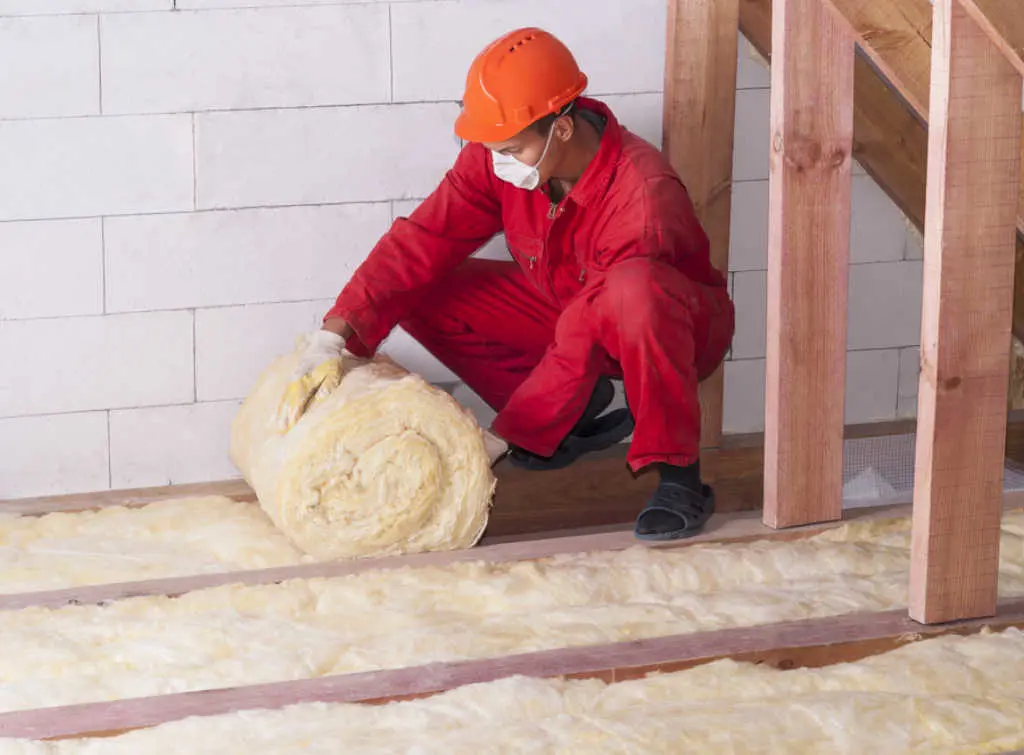
If you offer insulation services it pays to have the right insulation certification and insulation accreditation. There are also insulation contractor licences to consider.
You’ll want to protect and enhance your reputation as an insulation installer.
For specific insulation accreditation choices, various insulation installer training organisations can help you.
The CITB health and safety test is essential if you work on construction sites. CSCS certification gets you an all-important CSCS card that demonstrates your competence.
Why is demand for insulation growing?
Saving energy and reducing our carbon emissions are big priorities for everyone. Households and businesses are also beginning to benefit from lower energy bills when their homes are better insulated.
The government is also promoting carbon reduction. Their Great British Insulation Scheme shows just how important it is for homeowners in the UK.
The £1 billion scheme aims to help around 300,000 households install new home insulation.
Throughout the years, cost cutting and rogue tradespeople have impacted on the quality of home construction. So getting your home assessed might mean it could be better insulated.
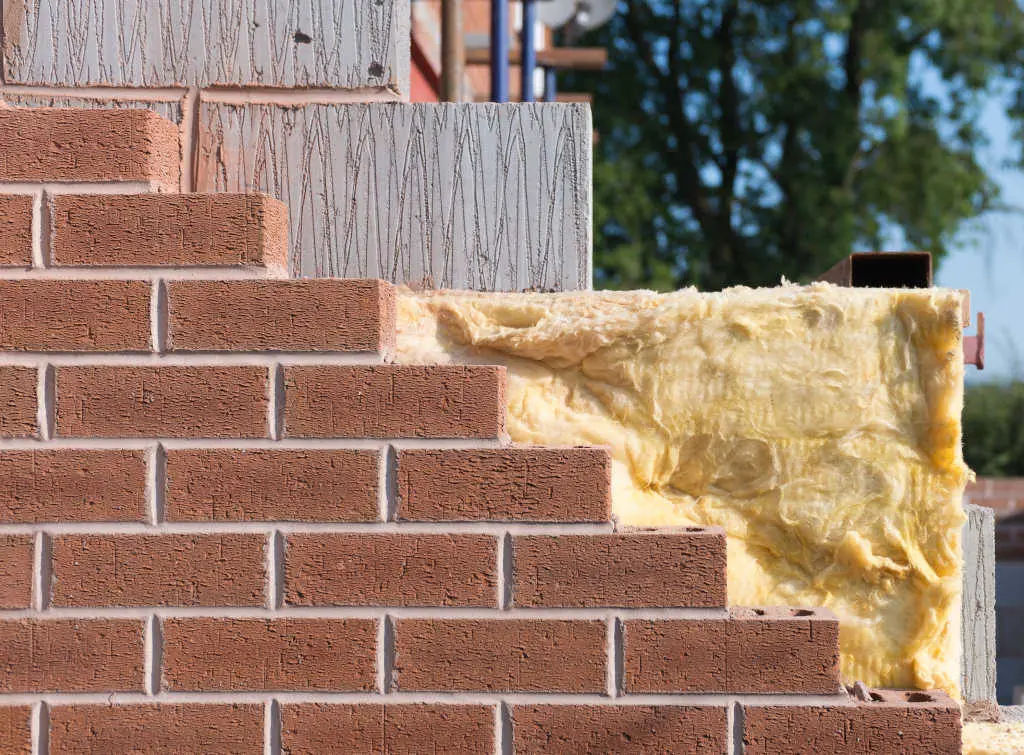
Benefits of insulation
Properly installed insulation helps to:
Reduce carbon emissions
Improve the quality of people’s lives with warmer homes and by reducing fuel poverty
Create jobs by increasing demand for insulation and other energy-saving ideas
As you’d expect, high standards must be met in insulation installation to help bring down energy usage. It’s a trade that requires very good knowledge of health and safety aspects.
If you’re tempted to move into this skilled trade area, then we can help. We’ve tips and ideas on starting an insulation business to get you going.
Learn new skills to grow your business
Our members can receive discounts on training
Insulation materials
Insulation installer training covers all aspects of the work. For example, spray foam certification for this very specialised skill.
There are lots of types of insulation materials used in properties in walls, floors and lofts. They include:
Blanket insulation – the most common type of building insulationn
Sprayed foam insulation – liquid foam poured into wall cavities where it solidifies
Rock mineral wool insulation – more solid so better if the material is going to get compressed
Sheep’s wool insulation – an alternative to synthetic materials
Rigid foam – can support weight, better for underneath floors and roof areas
Sheet loft insulation – ideal for sloping sides of properties
Loose-fill insulation – small particles that can be blown into insulation spaces
Regardless of the material being used, it is so crucial to do the right training as a professional. Once you're trained, you'll be able to advise people on the right choices at the right times for the right prices.
Why should I take the CITB health and safety test?
If you’re installing insulation then you should know how to work safely. You’ll also need to know how to safeguard colleagues working with you.
The Construction Industry Training Board (CITB) Health, Safety and Environment test is an industry-standard way of ensuring safe work practices.
Taking the CITB HS&E test is a crucial part of obtaining a construction industry scheme card. CITB operates training centres around the UK and you can book training online.
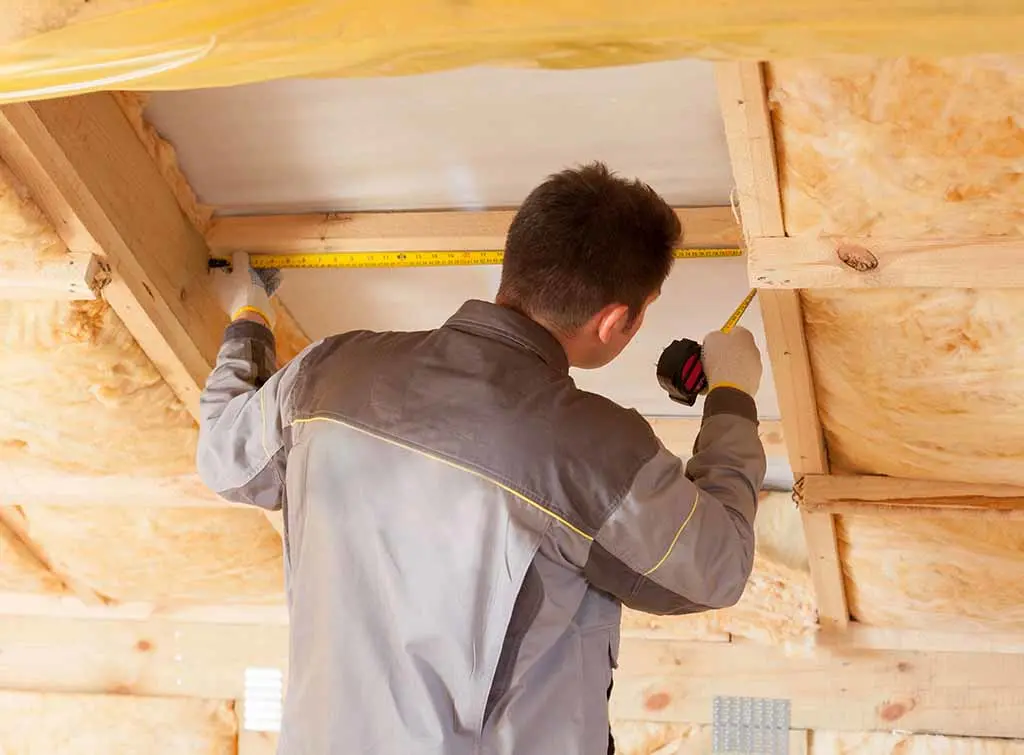
What is the British Board of Agrément certificate?
The British Board of Agrément (BBA) checks and certifies products to say they are fit for purpose. The French word agrément translates as agreement. The BBA checks that products - and the people installing them - agree with its standards.
It’s an independent certification body, so its testing is impartial and thorough. The BBA carries out testing, inspections and certification. It aims to increase confidence in the construction.
The BBA also provides insulation certification courses. The BBA’s installer schemes are a way for trade professionals to demonstrate their expertise and confidence.
You can become a BBA Approved Installer under the BBA Audit and Inspection Scheme. Contact BBA directly for information about getting insulation accreditation.
Learn new skills to grow your business
Our members can receive discounts on training
How does the Construction Skills Certification Scheme work?
If you’re doing insulation work on building and construction sites then you should have a CSCS card.
They are not required by law, but most companies running construction sites require them.
The CSCS card demonstrates that you have the right skills, training and qualifications to do your job. This helps to improve safety and standards in the construction industry.
What is CIGA training?
Another independent body that provides professional accreditation is the Cavity Insulation Guarantee Agency (CIGA). Its registered installers provide guarantees for their work. The CIGA guarantee covers defects in materials and workmanship.
To become a CICA registered installer you’ll also need to register with the Installation Assurance Authority. You’ll be assessed for competence, knowledge of technical guidance for using materials and the IAA best practice guidance. You can find out more about insulation certification training from CIGA.
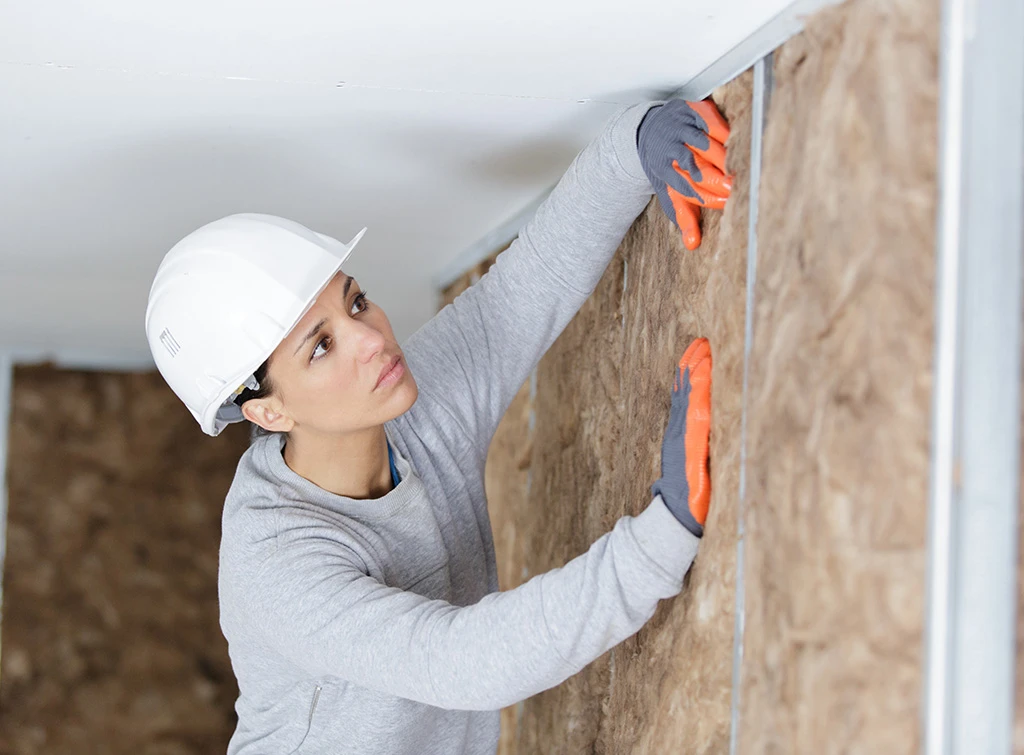
Do I need a TICA skill card?
There’s also the Thermal Insulation Contractors Association (TICA) to consider. TICA offers a range of insulation certification and insulation accreditation courses. Once again, having a TICA card shows that you have a thorough knowledge of the thermal insulation business.
These range from apprenticeships and practical skills assessments to more advanced training for supervisor roles. TICA has a national training centre in Darlington.
Learn new skills to grow your business
Our members can receive discounts on training
Broaden your trade skills
We’ve plenty of ideas to help boost your business with training. As well as insulation certification, you might want to look more widely at green energy opportunities. Plenty of green training courses are available.
Checkatrade members benefit from discounts on training. We have partnerships with several top training organisations.
We also help our members with new enquiries. There are lots of other benefits of Checkatrade membership too.
Such as:
Dedicated membership advice team
Work guarantee up to £1,000
Exclusive offers and discounts
Reduced cost of workwear and branding
Savings on other business essentials such as vans, fuel and materials
Is a Checkatrade membership worth it?
One way to figure out whether the cost of something is worth it is to look at ROI (Return on Investment). In its most basic sense, this is how much something costs compared with the income it generates. Working out the ROI of a Checkatrade membership is definitely a must-do for any trade business
FAQs
Why is the CITB health and safety test important?
The Construction Industry Training Board helps tradespeople to work safely in what can be challenging and even dangerous conditions. Insulation installers should consider taking the test in addition to specialised insulation certification and accreditation.
Why is a British Board of Agreement Certificate good for insulation work?
The BBA provides insulation installer training. Having BBA certification proves that you are an approved installer who works to high professional standards.
Why would I benefit from having CSCS certification?
If you participate in the Construction Skills Certification Scheme you receive a CSCS card that shows you have the right skills and competency to work on construction sites.
Get more work coming your way
Enjoy getting more insulating jobs with a Checkatrade membership
Content disclaimer: This content has been created for general information purposes and should not be taken as formal advice. Read our full disclaimer here.

